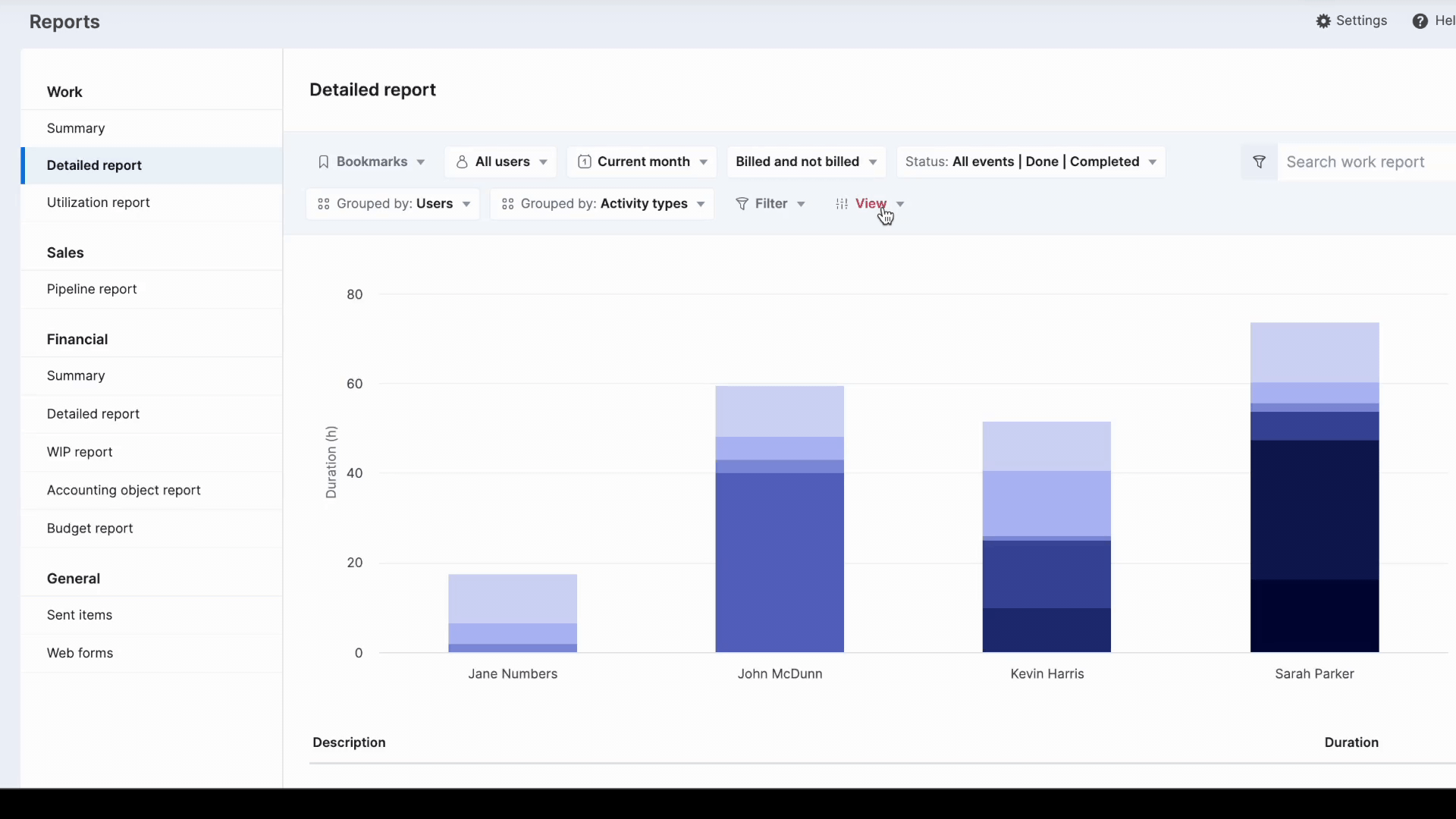Why Your Agency Needs To Stop Over-Servicing Now, and How To Do It
Over-servicing, where agencies spend more hours on a client’s project than quoted or billed for, is one of the oldest and most challenging issues in the professional services business.
It bites into profits, lowers agency margins, and is generally seen as a self-destructive business practice. But, as our recent survey of over 100 professional service agencies revealed, it is a far more complex issue than can be ascribed to only bad planning or inefficient resource utilization.
Over-servicing has some apparent risks: you are slashing your profit margins by giving away too much for free or little cost.
However, as findings in our recent survey show, many agencies say that they consciously commit to what is known as strategic over-servicing. The idea is that going the extra mile can build strong relationships with clients, establish the opportunity to gain credibility, and provide justification for bumping up retainer spend.
All quotes below are taken directly from our 2023 Agency Operations Survey, produced in cooperation with Agency Hackers. We highly recommend downloading the complete survey, as its pages contain many more fascinating insights.
Strategic Overservicing: Are There Any Benefits?
It’s the age-old dance for agencies and their clients – as an agency, you want to control hours spent, resources allocated, and bill for the amount of work delivered, while the client wants to get as much from you for as little as possible.
So how can an agency turn what has become an almost accepted losing practice into a benefit? As one agency owner said in the survey, the key is transparency when you do over-service: “We are happy to over-service by up to 15% when needed. We’ve found, at times, some clients demand far more, and we decided a while back to use timesheets to show the resource requirements on their account to justify increased retainer spend. More than a third of our client base ended up increasing their spend with us as they wanted to maintain the level of service.”
As another respondent states: “We tend to over-service for a couple of reasons 1) deliberately choosing to go above and beyond, 2) because we have free time in the schedule (though we are picky where we use this time), 3) because particularly for web, we have hit a bit of a price ceiling – which value prop and our sales plans should start to help us fix!”
The key to managing and controlling your levels of overservicing is, like many other aspects of running an agency, having clear visibility of the levels of overservicing and exactly where they are occurring: “The work we have done on margin management exposes over-servicing. But it positively changes that conversation into a dialogue on client investment. So we’re having conversations at an org level about where and when to invest strategically.”
The Reasons Agencies Over-Service
A common theme throughout the survey responses regarding overservicing is that a lack of tools or insight needed to manage resources is the root of this problem.
“Because people are remote, it’s so hard to know how long stuff takes people, which makes it impossible to track or call out over-servicing.”
Overselling and overpromising also rear their ugly heads frequently: “We have had a tendency to over-sell to sometimes try to force our invoicing targets even with our capacity being too high. This is driven by our CEO (who is great apart from this aspect!), and then this can lead to us missing deadlines or not delivering everything. This in turn, leads to the CEO promising a free world to clients. We always feel ‘awkward’ to have the conversation with the client if it ‘over runs’ on time and budget.”
At Scoro, we have been shouting about the benefits of time management and accurate resource tracking since day one. Some respondents make it clear that they are very aware of the problems raised by not fixing these issues: “Staff doesn’t understand that when they work on ad-hoc tasks for a client, they are still using billable time. So they tend to do additional ad hoc work and then their scheduled work on top. Our account managers feel that discussing money somehow sullies their relationship and are reluctant to ask a client to pay for additional work. The service consultants then feel the work needs doing and do it anyway then complain they don’t have enough time.”
And let’s not discard the emotional element here: “Sometimes the team feels full regardless of the workload, and also they naturally tend to over-service the clients they like the most rather than the ones who have the most hours available.”
The Pitfalls and Frustrations of Over-Servicing
Many respondents made it clear that over-servicing is a significant issue for their agency:
- “We plan jobs out and price above this, but everyone is always very busy and over-utilized. Clients are very happy, but we still don’t make big margins on work”.
- “We have only just begun to get a handle on this – the time we’re losing to over-servicing is noticeable.”
- “We price on value and outcomes. Sometimes our outcomes are too loose/vague, and clients ask for more than we intended to give. To keep them happy, we sometimes over-service rather than set clear boundaries at the scoping phase.”
- “There is often much more time spent on jobs than quoted for – either we are over-servicing, or the quoting process is too inaccurate. We also need to reduce unbillable time where possible.”
- “We charge for the hours we do, but our prices are probably still a bit lower than they should be. And we’d like to charge for studio management finance/invoices to cover those aspects of the business. We’re planning to build this in from now on.”
How Do You Prevent Over-Servicing?
Unless you’ve taken the decision to strategically over-service, it’s clear that leaking money and resource hours is not a sustainable practice. So what is an agency owner or stakeholder to do?
A theme that runs throughout the survey responses is how a lack of insight, visibility, accurate tracking of resource allocation, and the true time spent on projects drives the tendency to over-service.
Switching from manual processes and creating a central business ‘truth’ through the implementation of Professional Service Automation software can shield agencies from over-servicing.
Accurate, detailed reports will give a crystal clear view of where the leakage is happening and allow agencies to improve their resource allocation, as well as understand where they are spending their time.

Using a unified system to manage and track every step of the project process, from pitch to quote to delivery and invoicing, is the only reliable way to not only catch where you are over-servicing but to implement plans to eliminate the practice entirely.


